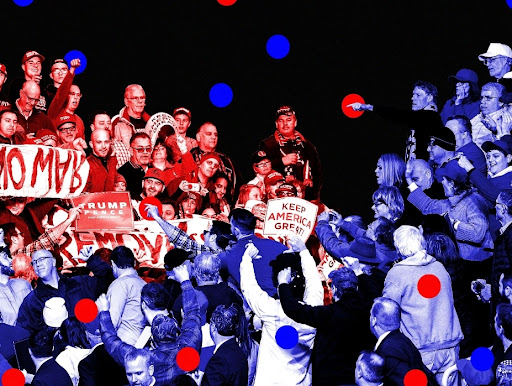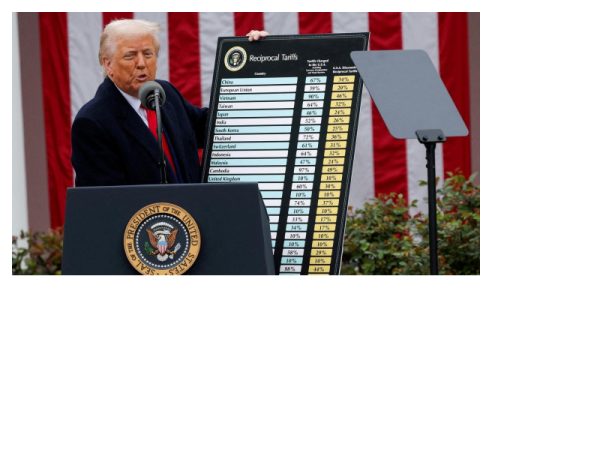Algorithms–And the Polarization of America

Let’s face it—algorithms are polarizing America. Hours and hours of scrolling, liking, interacting on social media feeds information for these platforms to use as a part of their data banks. As algorithms bring us into our own isolated bubbles, we are being driven farther and farther apart. Social media feeds you content based on your interests and beliefs, resulting in intense polarization and dependency.
Because social media algorithms match your interests, you are given content that you agree with or find compelling. According to the Institute of Entrepreneurship Development, “Algorithms are designed to match a user’s interests, depending on your posts that the system guesses the user will like. Once users show a higher interest in something, they will always be directed to other similar things.”
The constant affirmation of the ‘correctness of your ideas’ is unhealthy and can result in dependency. This is defined as confirmation bias, the inclination of interpreting new evidence as a confirmation of your existing beliefs, and it gives your brain a rush of dopamine and adrenaline. Algorithms create a ‘perfect’ world in which we only see things that we want to see, making seeing different ideas impossible. Social media platforms use these feelings of security and comfort to their advantage to promote feelings of dependency on their app, especially driven by the pandemic, which causes us to spend so much time on these apps.
While algorithms can help make social media a comforting experience, they also shape your opinions and make your decisions. The information that is obtained from you ends up being used to calculate future recommendations. Think about the media you’ve recently consumed: did you choose to watch it, or were you ‘recommended’ to watch it? How much content was filtered out of your search results that you’ve never seen? Or even dating apps, which use algorithms to decide who you could spend the rest of your life with. While at some level, you do still have basic free will over your choices, it is worth noting that algorithms make so many of our decisions every day.
Being surrounded by ideas that already agree with your beliefs prevents exposure to contrasting perspectives. Your ideologies can evolve to extreme lengths, constantly bouncing around an echo chamber. This is especially evident through the politicization of social media. It’s incredibly simple for political parties to use social media to spread their message out and relate to audiences, causing them to be more emotionally invested toward political issues. Politicians often create parasocial relationships, by opening their lives to show voters what they are like. This builds trust among their audience as they effectively humanize and connect themselves to their voters who already feel a deep sense of loyalty. Brown University did a study where they found that negative feelings toward members of the other party compared to one’s own party increased by an average of 4.8 points per decade. The lack of respect among opposing party members leads to hostility and a decrease in compromise between individuals. People become convinced that their way of thinking is superior, which is dangerous because it reduces political discussion.
Though polarization can be driven by algorithms, some studies argue that the correlation isn’t as blatant. A study at Duke found that exposure to ideas you disagree with online might also cause polarization, which means algorithms aren’t necessarily at fault for polarization, but social media in general is. These pathos messages can be spread with a few clicks, and the more people that see what you have to say, the more weight your argument has. In this way, emotionally appealing messages can also contribute to polarization.
Still, algorithms drive so many different parts of our daily lives, and it’s impossible to ignore the effects they have on people. From media consumption to dating apps, every aspect of our life has some sort of an algorithm behind it, and this will continue to be the case in the future. But, while they can make our lives easier, it’s important to be mindful and make your own decisions when it counts.






